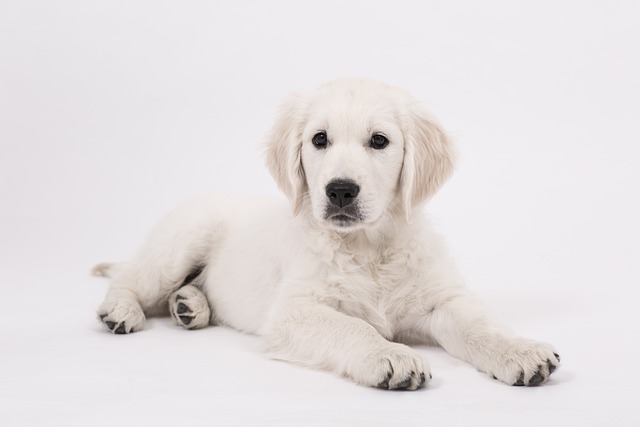
How do i train my dog to be obedient?
Watching your dog dart across the park ignoring your calls isn’t just frustrating—it can put them at risk near busy streets or public spaces.
You're walking your newly adopted rescue dog when suddenly another pup appears around the corner - your dog stiffens, hackles raised, and you feel that familiar knot in your stomach. Socializing adult dogs requires a completely different playbook than puppies, but with the right approach, even the most socially awkward dog can learn polite canine etiquette.
The first rule of adult dog socialization? Distance is your best friend. Start by exposing your dog to other canines at a distance where they notice but don't react - this might mean 50 feet across a park at first. Bring high-value treats (think real chicken, not kibble) and reward calm behavior the moment they look at another dog without reacting. This "look at that" game teaches your dog that other dogs predict good things. Studies show that adult dogs trained this way show 60% fewer reactive behaviors after just six weeks of consistent practice.
Find a knowledgeable training buddy with a calm, neutral dog to help with controlled introductions. The ideal first meeting happens during parallel walks - both dogs walking in the same direction about 10 feet apart, gradually decreasing distance as they relax. Watch for loose, wiggly body language rather than tense stares. When ready for closer interaction, choose neutral territory (not either dog's home) and keep leashes loose - that tight leash tension actually creates more reactivity. In cities like Seattle with strict leash laws, use a 15-foot training lead in designated areas rather than going off-leash too soon.
Apartment dwellers face unique socialization challenges. That crowded elevator encounter can turn ugly fast if your dog isn't prepared. Start by playing recordings of dog sounds at low volume during mealtimes to build positive associations. Use visual barriers like frosted window film if your dog barks at passing dogs in hallways. For high-rise living, schedule socialization sessions during off-peak hours when you're less likely to run into surprise canine neighbors. Always carry a "doggy distraction kit" with special treats and toys to redirect attention when needed.

Cultural considerations matter tremendously. Many U.S. dog parks now have separate areas for reactive dogs - take advantage of these before attempting main play areas. Understand that in progressive cities like Portland, correcting a dog for growling (an important warning signal) is frowned upon - instead, respect the communication and create space. Always clean up immediately after your dog, even during training sessions - nothing sours neighbor relations faster than forgotten poop during a reactive dog's outburst.
For rescue dogs with unknown histories, the "3-3-3 rule" applies: three days to decompress, three weeks to learn routine, three months to show true personality. If your dog shows intense fear or aggression, consult a certified behaviorist before attempting socialization - sometimes medication can help lower anxiety to make training possible. Remember that not all dogs need to be social butterflies - some mature dogs genuinely prefer human company and that's perfectly okay.
The most important tool in your socialization toolkit? Realistic expectations. That fearful adult dog may never become the life of the dog park party, but with patience, they can learn to walk calmly past other dogs without reacting. Celebrate small victories - the first time your dog glances at another pup then voluntarily looks back at you for a treat is a milestone worth commemorating. True socialization success isn't about creating the most popular dog in the neighborhood, but about helping your canine companion feel safe and secure in a world full of other dogs.

Watching your dog dart across the park ignoring your calls isn’t just frustrating—it can put them at risk near busy streets or public spaces.

New puppy owners often find themselves rushing to clean up accidents before they set in, and that’s where puppy pad training becomes a game-changer.

If you've noticed your dog's waistline disappearing and your veterinarian has mentioned those few extra pounds, your first instinct might be to simply reduce the amount of food in their bowl.

Training a dog to use a designated spot indoors isn’t as daunting as many new owners fear, but it does take consistency and an understanding of your pet’s needs.

That moment of dread on a walk is all too familiar for many new dog owners. You see another dog approaching down the sidewalk of your neighborhood

If the sight of another dog on your neighborhood walk makes your heart sink as your own dog erupts into a frenzy of barking and lunging, you're not alone.